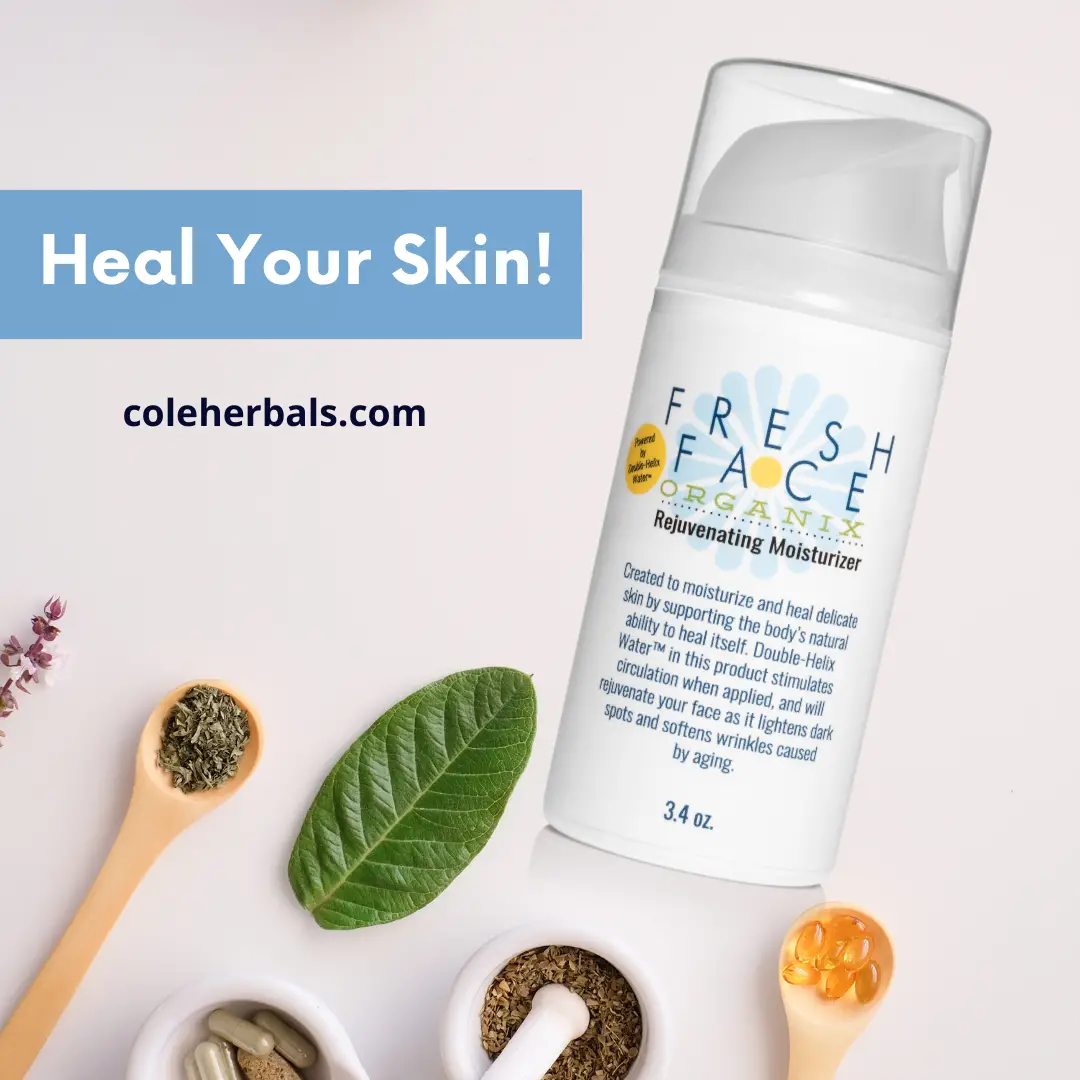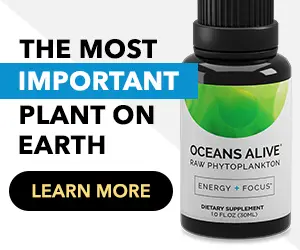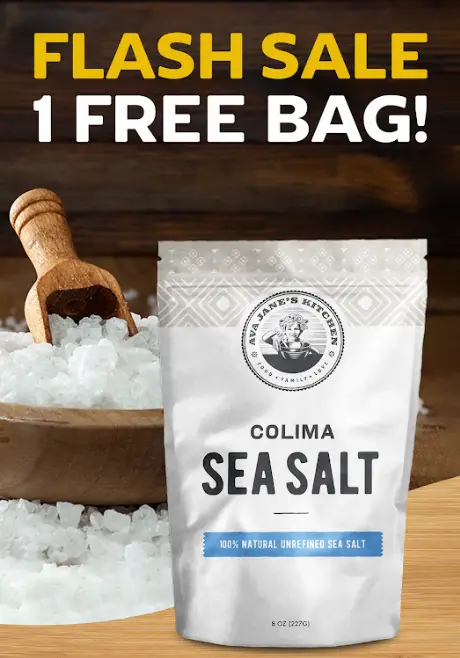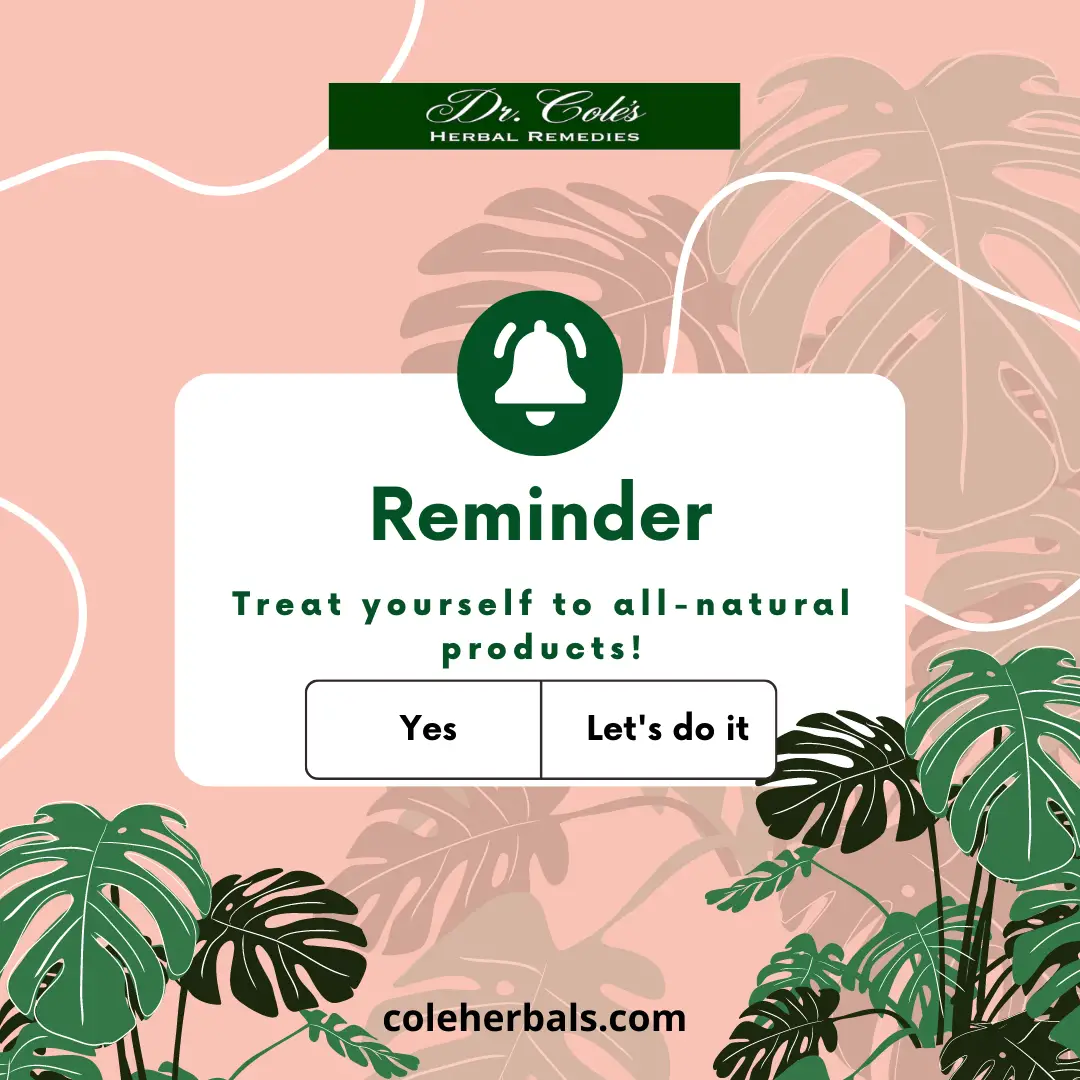Recently I had the chance to check out a life-changing documentary film: ‘Stress: Portrait of a Killer,’ a National Geographic movie about researchers who followed a fully-functional society of baboons to see how stress affects them in their daily lives, and the impacts it has on their health.
In the movie, lead researcher Robert Sapolsky, a Stanford University neurobiologist, and his team unearthed key insights as to how these baboons were affected by stress (and what it means for humans).
Among the negative effects of stress on baboons studied were higher blood pressure, more visceral body fat around the belly, lower life expectancy, and even brain chemistry similar to a depressed human’s.
Sapolsky found that the two backbones of the “stress response” were epinephrine (adrenaline) and glucortoids (cortisol), two hormones that our bodies produce to be prepared for emergency situations. You can check out the full documentary below (you might want to bookmark this page so you can watch it later).
These two hormone types worked together in an ingenious way for our former hunter-gatherer lifestyles, but one that doesn’t suit too well for modern life at the office.
To put it in simple terms, the hormone epinephrine is the “shot in the arm” we need to avoid predators, run away, fight back, or perform at times where needs needs or dangers are immediate.
Glucortoids on the other hand are cumulative, meaning their release affects us more over time, changing our mental and physical states. These hormones help our body to have enough fuel on hand, specifically lipases (enzymes) in our adipose (fatty) tissues.
One of the biggest causes of these constant stress responses seems to be a lack of control and predictability over our own futures, which leads to a lack of faith and eventually, a lack of hope, fearful behavior and even more stress.
An ongoing, long-term British study of thousands of civil servants by Professor (and World Health Organization commissioner) Michael Marmot of the University College London called the Whitehall Study showed “a steep inverse association between social class as assessed by grade of employment position, and mortality from a wide range of diseases.”
In other words, the lower your work standing, the more likely you are to get sick (and stressed).
Sapolsky’s landmark stress study showed a similar pattern among baboons.
The most depressed and sad-looking baboons just so happened to be submissive males, who gained fat around their bellies and were more prone to depression. These baboons found themselves as members of a large, fully functioning societies that gave them access to everything they needed, and yet they felt powerless to improve their situation in life, to strive for something better.
Sound familiar?
Considering that most people nowadays are “submissive” to the systems, problems and fears we face in our modern world, it’s no surprise that we’ve all been feeling so stressed out.
The Top 6 Causes of Stress in America
The top 6 causes of stress in America are as follows according to a July 2013 study from the American Psychological Association at the American Institute of Stress in New York:
1. Job Pressure- From bosses, tension with co-workers, or too much work.
2. Money- Concern over paying the bills, medical expenses, etc.
3. Health- Illness, debilitating diseases or conditions, and more.
4. Relationships- Spousal issues, arguments with friends, loneliness.
5. Poor Nutrition- Lack of minerals in our depleted soils, processed foods.
6. Media Overload- Too much TV, “Facebook brain,” email.
I personally have dealt with a lot of stress recently in my life, as I made the transition from late-night, overworked and underpaid journalist to social media specialist to a freelancer making a living off of my own creative work.
All of these roles have been stressful in their own ways, but now that I’ve come to a place where I have more control over my destiny, the effect has been invigorating and given me more hope (and less stress).
With that in mind, here are my top 6 holistic healer-approved ways to stop stress at the source:
1. Take Control Of Your Destiny- As we mentioned earlier in the Whitehall study, the feeling of a “lack of control” over the long term may be the number one cause of stress.
While some people like being at the top of the ladder, most people just want to feel like they’re getting a fair reward, supported, and that they’re progressing toward a goal they truly care about.
When we believe our work will go unrewarded or under-appreciated, we lack the faith to follow through on actions, leading to feelings of “hopelessness” and stress. If you’re feeling this way at your job, do your best to take back control over your own destiny by voicing these concerns to others and asking for more support and assurances.
If the situation is not fixable, it may be time to make some hard decisions and to leave for another position where growth, independence, and control over your own destiny await.
You can also explore starting a side business or freelance venture that could turn into something bigger down the line.
2. Let Go (Every Single Day)- This may seem counteractive to the first tip, but hear me out.
While we all enjoy feeling control over our future and knowing that our work is being rewarded, we can probably admit that we all have trouble letting go on a day-to-day basis.
We analyze and re-analyze all of our actions and decisions, “getting into our heads” rather than being present with what’s happening right in front of us.
Once we set our compass to where we want to go and are confident in that direction, it’s time to start letting life play itself our rather than over-analyzing every single step.
Point yourself in a general direction and just go, and don’t be afraid to let go and enjoy all the little things along the way.
3. Meditate- When I worked at advertising agency, I would often spend my break time searching for a quiet place to relax and listen to my thoughts after hours of social media posting, browsing, and copy writing. It wasn’t easy.
Some days I resorted to standing in the elevator with the door closed or the bathroom simply to get away from the constant stresses of life in a bustling office complex. Other employees caved in and picked up smoking.
Eventually I drove to an empty church parking lot where I would meditate, park and stare at the trees (and the occasional deer) and collect my thoughts (and my breath).
I would come back to work fully refreshed, even more so than on days I grabbed a tall glass of green juice from the health food store.
Stress persists because of our overactive minds yet most of us don’t do anything to quiet them. There’s always a way.
4. Practice Gratitude (And Pride…)- We all know about the importance of being grateful, as some studies have shown that it is the most important character trait of successful people.
But what about taking pride in our accomplishments?
I personally have always felt grateful for the supportive family I’ve had and my many blessings and opportunities.
But many of us forget to take pride in everything we’ve accomplished. I’m not speaking of the type of pride that causes us to feel better than others, but the type of pride that says, “I’ve made a positive difference in my life and the life of others, I have accomplished a ton of great things, and I am exactly where I need to be in life even if my possessions or ‘standing’ may not be up to society’s expectations, most of which are imagined and self-imposed, anyway.”
You may be grateful already, but I’ve found that it’s much easier to really feel that gratitude on a day-to-day basis when you take (humble) pride in everything you have and everything you’ve accomplished.
5. Seek Clarity- Whether with personal relationships, our health, or where we stand at work, there’s no substitute for clarity. Knowing exactly where we stand has a way of motivating us and providing that sense of long-term control and security that we all seek.
Finding out the truth or examining the real truth of each situation always pleasant, but once you’ve gotten it out of the way, you will be empowered to proceed; your faith restored and your mental energy stores replenished. There’s simply no substitute for clarity.
6. The Best Raw Materials- Stress is often mental in nature, but many of the mental symptoms we experience are of physical and chemical origin.
For example, whenever you become stressed, our bodies are depleted of magnesium, a mineral that helps our nerves and muscles function properly and relaxes our bodies.
To get more magnesium, I make sure to eat plenty of dark leafy greens, nuts and seeds, and even cacao while occasionally using a magnesium supplement.
Another way I like to fight stress is by consuming kava kava tea, a naturally calming drink made from the kava plant typically grown in Pacific island areas such as Hawaii, Samoa, and Fiji.
A world-first study completed by the University of Melbourne (Australia) researchers and published in the Journal of Clinical Psychopharmacology found that kava significantly reduced the symptoms of people suffering anxiety. The study recommended that kava could be an alternative treatment to pharmaceutical products for the hundreds of thousands of people who suffer from Generalized Anxiety Disorders (GAD).
Kava tea helps me to relax at the end of the day when I need to unwind and get ready to sleep, or in the middle of the day when I’m busy banging away at the keyboard with six different Internet tabs open. Kava tinctures like this one are also popular.
At any rate, the most important thing when it comes to stress is to make time for yourself; and to confront the issues that may be causing it head on. Otherwise, they’re likely to fester — and cause even bigger problems down the line some day.
Thanks for installing the Bottom of every post plugin by Corey Salzano. Contact me if you need custom WordPress plugins or website design.











